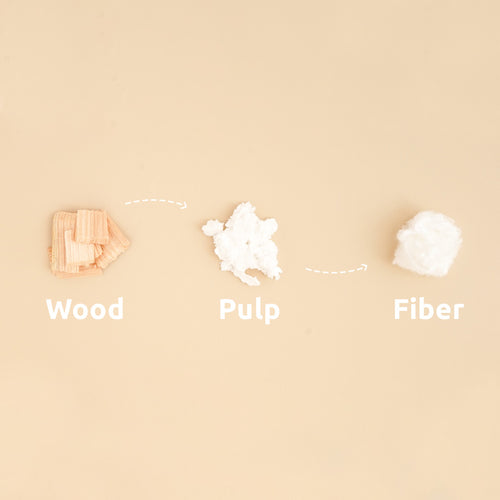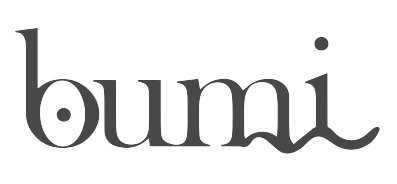
Our Material
Pijakbumi initiatives on sustainable footwear are intentionally used material that has less water consumption, less chemical, and is recycled.

Water Hyacinth
Water hyacinth has the characteristics of being easy to grow without the need for sowing, weeding, or fertilizing. The fibers are strong and heat resistant. Grows predominantly in the waters since it does not require land and It can help the process of water purification by absorbing toxic chemicals.


Kenaf
Our hemp comes from Semarang city and is cultivated by local farmers. Kenaf fiber has good absorption and fire resistance, minimal use of water and pesticides and one hectare of kenaf plants can absorb 10-20 tons of carbon.
TENCEL Modal fibers
TENCEL Modal fibers are mainly manufactured from the renewable source of raw material beech wood, sourced from sustainable forests in Austria and neighboring countries, produced by Eco Soft technology. The fibers are certified as compostable and biodegradable. Originate from the renewable raw material wood. Certified as compostable and biodegradable


Crepe-Natural Rubber
Crepe-Natural Rubber is a natural product produced by plants that incredibly flexible and resistant material that offers unequivocal comfort and support for long walks. It can hold more water in the ground than other plants. Every one tonne of natural rubber produced can reduce 4.8 tonnes of carbon emissions

Coconut husk
Our coconut husk comes from public market waste in Indonesia and it is made by a local researcher. Formulated with a coat that is water resistant. It come from waste, meaning no new trees are planted in the amount needed for production and it can be easily decomposed.


Pinewood Sawdust
We use post-consumer materials, unused sawdust in order to repurpose unused woodworking waste. This reduces the reliance on virgin resources and diverts waste from landfill, giving a second life of a waste product of woodworking and reducing wood wastage
Recycled Cotton
Recycled cotton is manufactured from leftover and used denim with furry hand-feel. Greatly reduce water and energy consumption associated with growing and generating virgin cotton. Give new life in many different elements and simple to use or with a low level of complexity.


Staple Fiber
Produced in villages that support their life circle by extracting the maximum value of textile waste by recycling the waste and reprocessing it into secondary material. Collects the waste and creates zero-waste products out of surplus fabric who usually waste about 11% of the fabric through inefficient cutting patterns. Recycles of the 99% fabric from larger manufacturers




